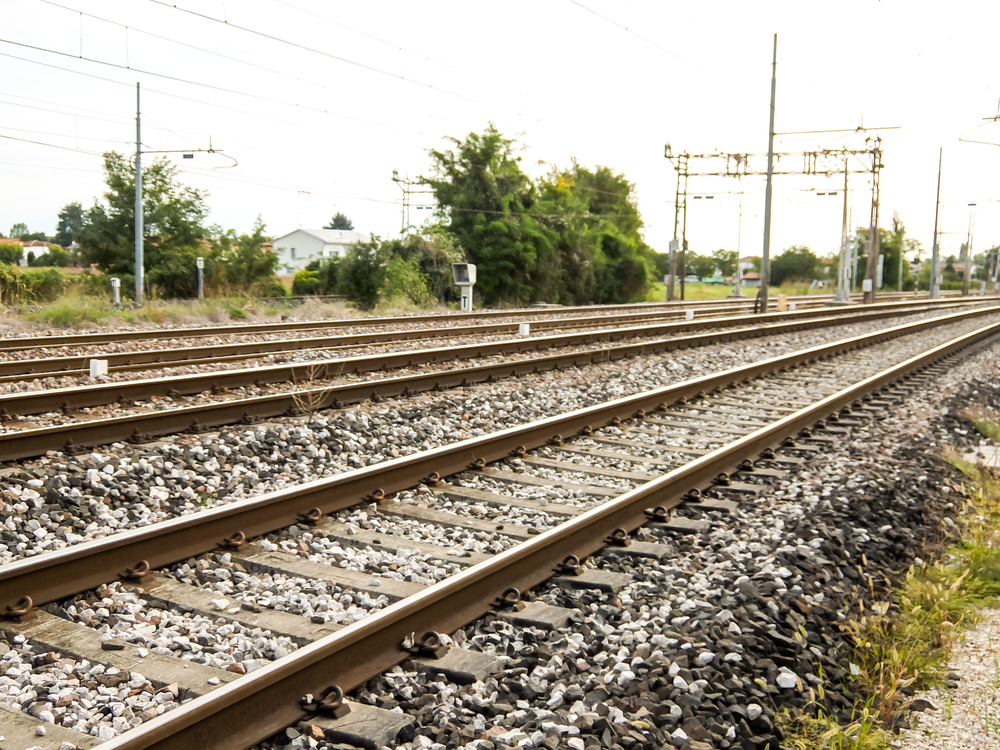
The leading railroad industry organization supports the requests by rail industries for more than $13 billion in bailout money needed as a response to the travel restrictions imposed by government efforts to curb the spread of COVID-19.
On Tuesday, the Rail Passengers Association asked Congress to provide bailout money for intercity rail operators, commuter railroads, and public transit agencies to offset their losses during the ongoing pandemic crisis.
In a letter from Jim Mathews, president and CEO of the Rail Passengers Association, the RPA supported the funding request from various passenger rail providers including a $1 billion bailout for Amtrak to offset revenue losses from the collapse of intercity travel brought on by directives from the federal government for employees to work from home if they can. The money would be used to bring the rail system back up to pre-COVID-19 levels of operation once the travel restrictions are lifted, and a $12.875 billion bailout for public transit agencies to offset revenue losses and direct costs from COVID-19.
The letter also supported requests from private sector rail operators to ensure those workers stay employed and the systems stay operational; as well as supporting the request from the Railroad Retirement Board for funds to cover unemployment claims, and to remove the Railroad Unemployment Insurance program from the list of programs subject to sequestration.
“[U]nlike U.S. airlines, which used $45 billion to buy back shares of their own stock between 2010 and 2019 (equivalent to 96% of their free cash flow), Amtrak directs the vast majority of its federal grant and revenue stream back into services delivered to real people—replacing its aging fleet of equipment, bringing undercapitalized infrastructure on the NEC into a state of good repair, upgrading stations across the NN, and toward payroll for nearly 16,000 hardworking Amtrak employees who work, shop, and pay taxes all across the U.S.” Mathews wrote.
The letter, sent to the heads of the House and Senate appropriation committees, reaffirmed that the rail system is vital to millions of Americans who have no other transportation options.